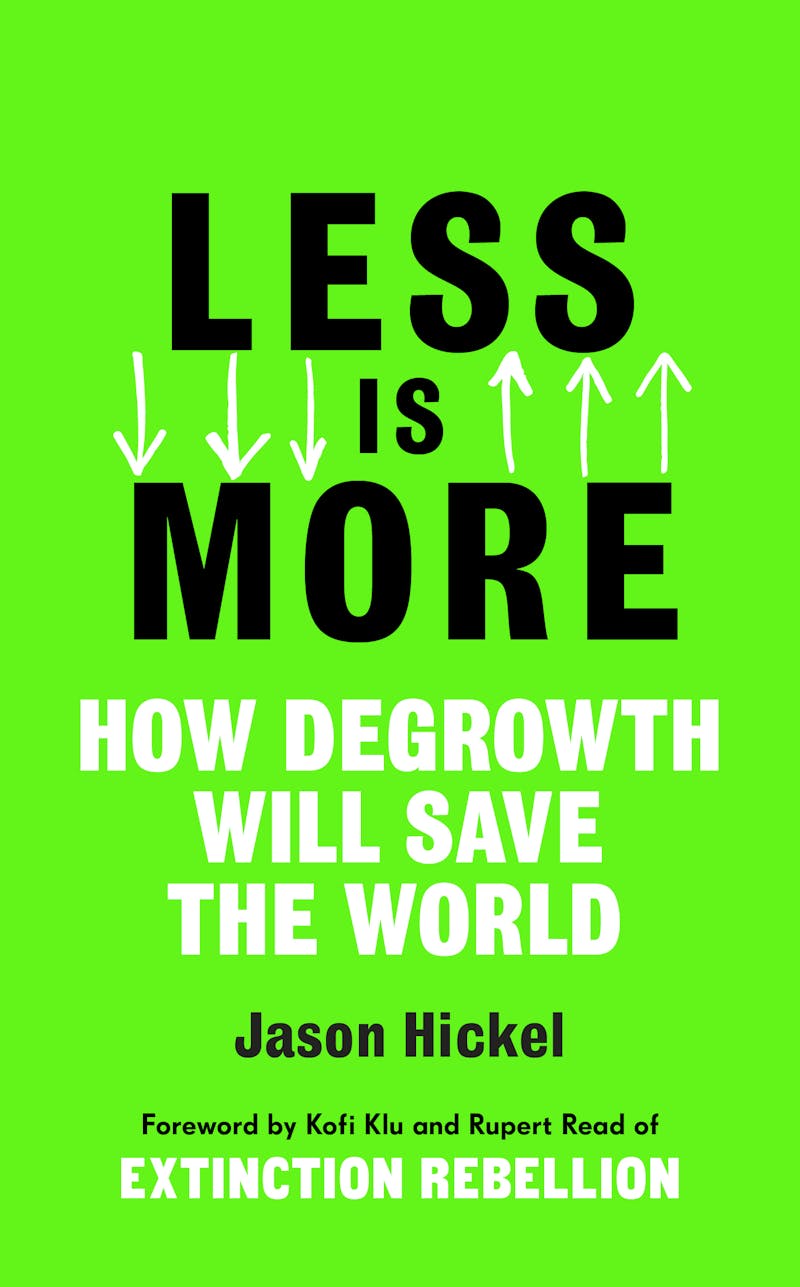Source: The Urgent Case for Shrinking the Economy | The New Republic
In July 1979, shortly after installing a set of solar panels over the West Wing, Jimmy Carter did something peculiar for a peacetime president. He asked Americans to sacrifice: to consume less, take public transit more, value community over material things, and buy bonds to fund domestic energy development, including solar. From our vantage, this may sound very farsighted and bold. But any prescient, planet-saving leadership seen shimmering through hindsight is a mirage. The speech and the panels advanced a program with the narrow goal of energy independence, not decarbonization. Carter wanted to expand and secure the nation’s economic wheel beyond OPEC’s reach, not question it, shrink it, slow it, or “green” it. “We have more oil in our shale alone than several Saudi Arabias [and] more coal than any nation on earth,” he boasted in the speech. “We have the national will to win this war.”

It’s a different event, buried in the Carter record, that offers a flash of the ecological vision often falsely ascribed to the ’79 energy plan. On the afternoon of March 22, 1977, between meetings with the prime minister of Japan and the National Security Council, Carter sat down in the Oval Office with a British-German economist named E.F. Schumacher. Four years earlier, Schumacher had achieved international fame as the author of Small Is Beautiful, a trenchant critique of the spiritual poverty and delusional frameworks of mainstream economics. His White House visit made him the most radical guest of a sitting president since Warren G. Harding requested an audience with Eugene V. Debs.
Next to Schumacher’s “Buddhist economics,” Debsian socialism was reformist tinkering. Schumacher didn’t see liberation as a matter of reshuffling the ownership and management structures of the smokestack-powered growth economy. He believed a deeper transformation was needed to maintain a livable planet. This would require new socioecological blueprints “designed for permanence.” As the left and the right battled for control over growth’s levers and spoils, Schumacher pointed out how both had become blind to the rise of growth as its own self-justifying, pan-ideological religion; its patterns of production and consumption, he observed, required “a degree of violence” that did not “fit into the laws of the universe.” Schumacher was not alone in his concern. Starting in 1970, a group of system dynamics scientists at M.I.T. began feeding data into a supercomputer to examine where humanity was headed if it continued to consume energy and materials, and to create waste, unabated. They determined that infinite growth was, in fact, impossible on a finite planet. Barring a major course correction, the team projected, growthism would result in an ecological systems breakdown sometime in the middle of the twenty-first century.
Leave a Reply